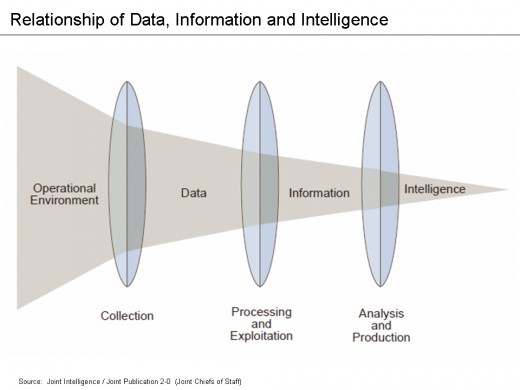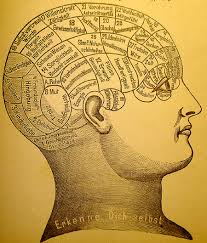Why Humans Can't Find Peace?
Why is human society never at peace?
Why is human society never at peace? This was (even now is) the question that prompted me to start many of my books and most of my ‘hub’s.

While exploring a particular case of upheaval, whatever reason I could find within the lingering discontent in the society, was further examined in those writings. The most potent conclusion one could derive from this was this - the perennial discontent of human race, is a leftover from the post mating trauma of the animal world.

Why discord?
Is that it? Why is that we are not able to realize the presence of something as natural as that? How exactly does it manifest while giving rise to such disturbances? Won’t there be some additions to our life, both external and internal, that is causing this? If so, what are those?
The Answer?
The answer, I thought, lies in the ways we put our faculties to use. In my search for an answer, I happen to recollect Peter’s Principle. That, managers tend to rise to the level of their incompetence. And, eventually, all positions in an organization will come to be held by individuals who are incapable of fulfilling their roles. But, I think this has a more inclusive, rather universal, significance.


Let us examine the way we put our faculties to use and, how adequately each one meets its intended end. Take, for example, the way we take care of our children. We love them so greatly that they hardly get an opportunity to use their own faculties, even for essential things like standing up and walking. And our children have been growing up in this manner, to an age at which it is impossible for others to help them. This, we can easily see is true for all other dimensions of life, as well. Either because we don’t happen to see, or because none of us want to acknowledge, the fact that newly born human offspring is totally incapable of looking after itself, escaped our attention. (I think to make sure that none of us will ever think about those questions, we even perpetuate a scientific reason – young ones of human species have greater dependency.)
Though we say humans are intelligent, that I think is just a possibility, that too only when we assess some of our prepared actions or responses like, our exploits in science and technology. On all other matters, we make it a point to choose the most irrational of the possibilities, often with a great excuse – these things are beyond the comprehension of man. The way we put our intelligence to use is a good example; maximum use is towards finding fail safe techniques of destroying ourselves!
Assume that man has a desire to choose the irrational. Since it is impossible to continue living, if one is to go irrational on matters that are within the realm of the material, one grudgingly chooses to identify oneself as a rational being. (At present we won’t have memory of this, having happened generations back!) This regularly leads to conflict. A bunch of eventualities then follow, each one of those offering a fresh opportunity for observation, consideration and reflection. The repercussions of this activity by the learned, when percolated down to the masses, result in a society which is in constant churning, giving rise to instances of unrest and violence.
Clear Proof
Another proof could be noticed, if we are to compare the way we appreciate the present and the way we understand the past. A difference in approach can be easily noticed. We quite realistic and progressive in our actions, when it comes to anything to do with the present, but, our appreciation of the past does not seem to have a clear direction. In some cases we take sensible, quite rational steps in finding the roots of the problem, and in many cases, we blindly accept certain obscure, hazy ideas. Why this dichotomy? Isn’t it arising out of the dormant discontent?
Still another proof is the noticeable difference between the way we confront all that we share with other forms of life, and our approach to things specific to humans, like abstraction. When it comes to the former, we are the epitomes of rational behavior, and our appreciation of issues like health, food, or shelter, exemplifies this. But, as far as the latter is concerned, we are way of the mark. One very striking example is extremism. We greatly rejoice, recognizing with awards and prizes, those who cross normal limits in many areas like science, arts, or other forms of entertainment. We should have been realizing that this would encourage extremism, and foray of some of those who cross limits to extremes of physical entertainments, resulting in violence. And, even when we are in search of a cure for violence, we are not able to find the link that exists between violence and our approach to things.
How do you Feel?
Much of Thinking is for Thought's sake
In Short..
Then this is nothing else, but Peter’s Principle appropriated for life. As long as it was competent enough to face the travails of living ones life, each and every species continued to evolve, giving rise to newer and newer forms of life. With man, life is reaching the level of incompetence. No more evolution, but a lingering discontent, notable by its absence in all other forms of life, comes to be a staple part of all humans.








